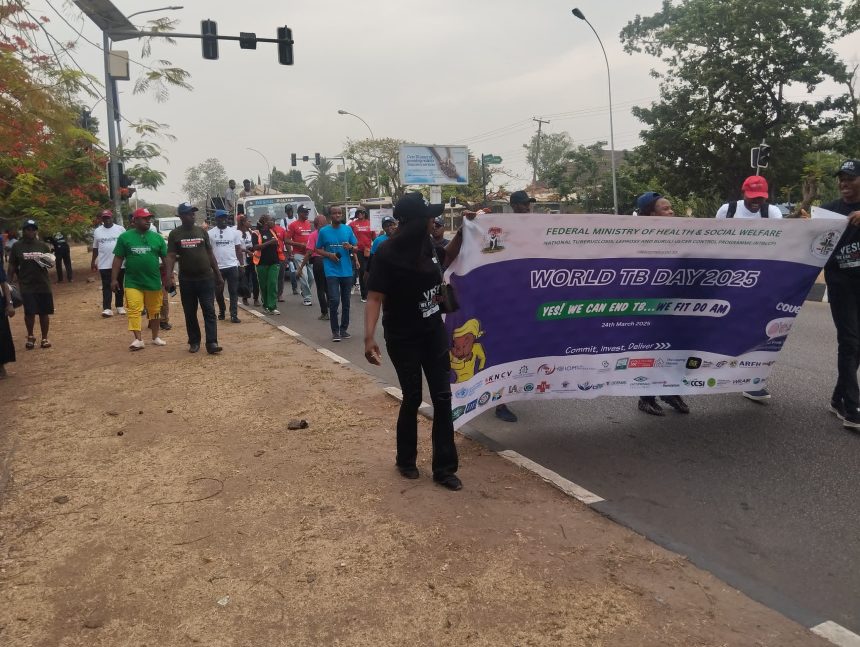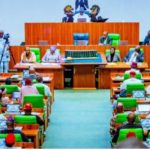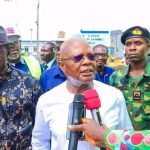The Federal Government has reaffirmed its commitment to eradicating tuberculosis (TB) in Nigeria, urging all stakeholders to intensify efforts in tackling the preventable and curable disease.
Speaking at a road walk on Saturday in Abuja to mark the 2025 World Tuberculosis Day, Dr. Urhioke Ochuko, Deputy Director of the National Tuberculosis and Leprosy Control Program, Department of Public Health, Federal Ministry of Health and Social Welfare, emphasized the urgency of renewed action.
The theme for this year’s commemoration, “Yes, We Can Hang TB. Commit, Invest, And Deliver,” with the slogan “We Fit Do Am,” underscores the need for collaboration across all sectors to finally eliminate TB in Nigeria.
“As a country, we must do all that is necessary to ensure that we end this deadly disease. Even though TB is treatable and curable, we still have work to do,” Dr. Ochuko stated.
Despite Nigeria’s progress in TB control, the disease remains a leading cause of death. According to the World Health Organization (WHO), tuberculosis still claims at least one Nigerian life every five minutes, despite being entirely curable. The road walk served as a means of sensitizing Nigerians, particularly in marketplaces and other public areas, about the symptoms of TB and the importance of seeking medical care early.
“The whole essence of this exercise is to get people to know that TB is still with us. Anyone who has been coughing for two weeks or more, has a prolonged fever, or is losing weight unintentionally should visit the nearest hospital for a test. If diagnosed, treatment is free,” he emphasized.
Nigeria has made strides in TB detection and treatment. Dr. Ochuko revealed that over 400,000 Nigerians were enrolled in TB treatment in 2024, a significant improvement in case notification rates. However, with an estimated 500,000 new cases annually, the country is still working to bridge the gap in identifying and treating every infected person.
To further accelerate TB control efforts, the government has recently deployed over 400 portable digital X-ray machines across both rural and urban communities to enhance screening and early detection.
“These machines will be deployed nationwide, especially in underserved communities, ensuring that no Nigerian is left behind in the fight against TB,” Dr. Ochuko explained.
The 2025 World Tuberculosis Day commemoration serves as a wake-up call for increased investment in TB control. The government and stakeholders continue to push for universal health coverage, ensuring that every Nigerian is screened, diagnosed, and treated at no cost.
Dr. Ochuko remains optimistic that with sustained commitment and investment, Nigeria can achieve its TB eradication goals.
“We have made good progress, but there’s still work to do. If we remain committed, invest in the right resources, and deliver on our strategies, we will defeat tuberculosis once and for all,” he concluded.
With more awareness, community engagement, and enhanced healthcare interventions, Nigeria is on the path to making tuberculosis a disease of the past.











